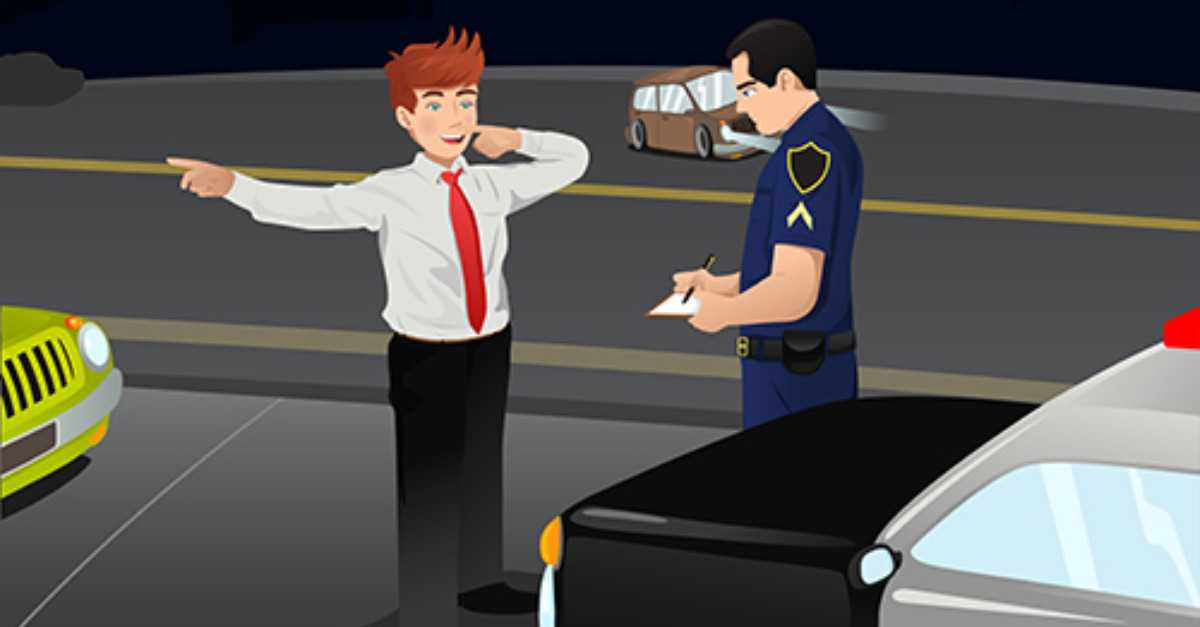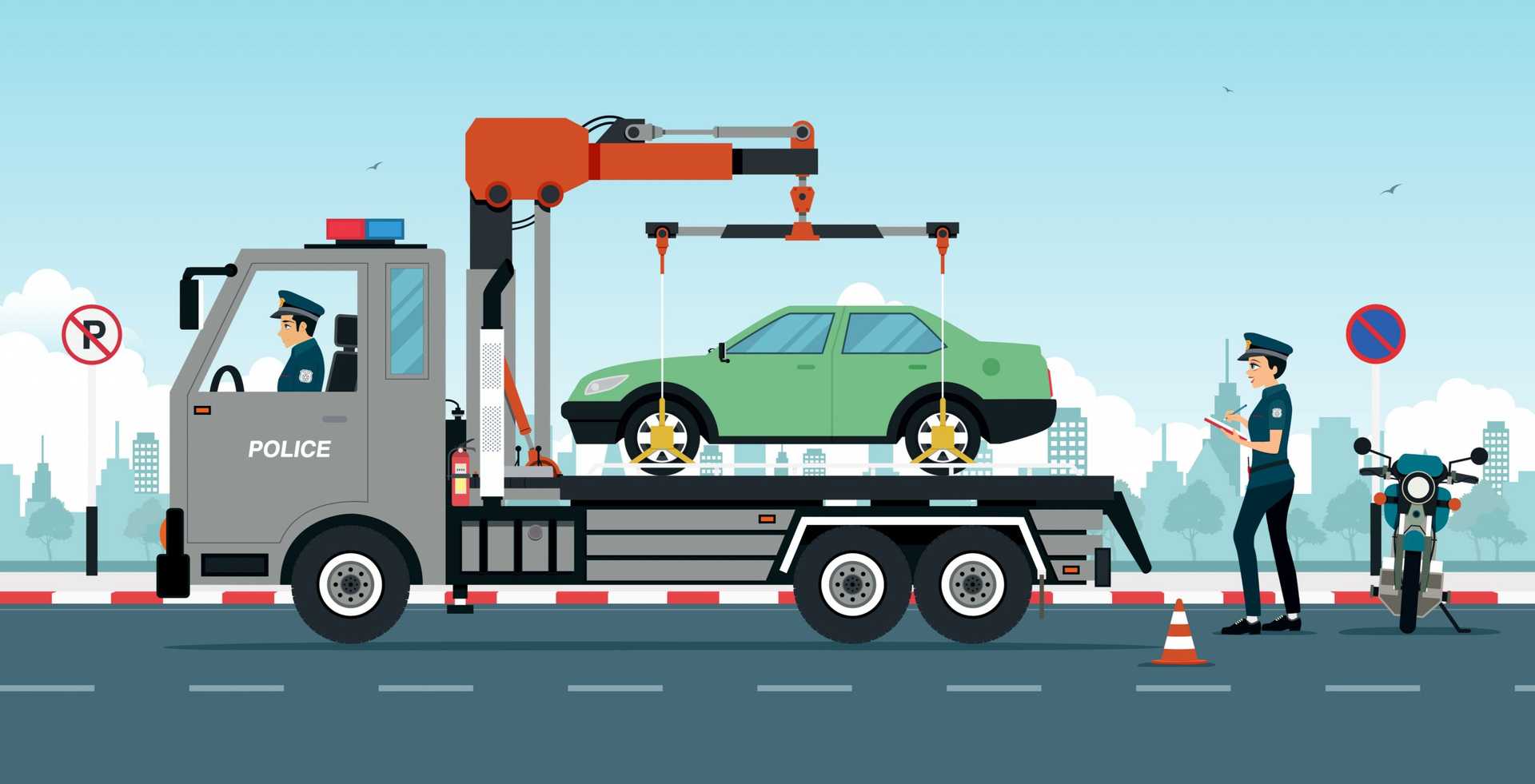HOW TO AVOID A DUI THIS HOLIDAY: PARKED CARS
Arizona: Driving is Not Necessary to be Arrested for DUI
It may surprise some of you to learn that it is not necessary to be actually “driving” or moving to get charged with a DUI in Arizona. ARS section 28-1381 requires only that you be in “actual physical control” of a vehicle. So what is “actual physical control?” and how can you avoid being found “in actual physical control” and get a DUI?
Examples of Actual Physical Control
I’ll take these from real life—I have three clients currently charged with “Actual Physical Control here in December 2021:
In the first, my client is found at 430 in the morning in the parking lot of a bar, right were he had parked earlier in the evening, with his passenger door open, and the engine running, he in the driver’s seat, the vehicle in park.
In the second case, my client is found passed out in the parking lot of a nursing home he has no reason to be at, sleeping in the driver’s seat, at 10 in the morning. The engine had been running, but some Samaritans had shut it off
In the third, my client was parked in his own driveway, in the driver’s seat of his truck, the engine running, the transmission in park in the wee hours. .
All three of my clients were charged with DI under Arizona “Actual Physical Control” law.
So what do we do? How to Defend an Actual Physical Control case. In my view, these are often very defensible cases,
The Stationary Shelter Rule
In State v. Love, 182 Ariz. 324, 326 (1995) Justice Thomas Zlaket of the Arizona Supreme court explained that “it is reasonable to allow a driver, when he believes his driving is impaired, to pull completely off the highway turn the key off and sleep until he is sober without fear of being arrested for being in physical control.” quoting State. V. Zavala 136 Aris. 356, 358-59 (19830. This has become known as the “stationary shelter rule.” And courts have interpreted it to mean that a person who doesn’t actually pose a threat to the public by exercise of control over the vehicle, should not be “penalized.”
In another case State v. Zaragoza 221 Ariz. 49, 54 (2009) (en banc) the Arizona Supreme Court reaffirmed the stationary shelter rule and recommended a special jury instruction, asking the jurors to consider these factors:
- Whether the vehicle was running;
- Whether the ignition was on;
- Where the ignition key was located;
- Where and in what position the driver was found in the vehicle;
- Whether the person was awake or asleep;
- Whether the vehicle’s headlights were on;
- Where the vehicle was stopped;
- Whether the driver had voluntarily pulled off the road;
- Time of day;
- Weather conditions;
- Whether the heater or air conditioner was on;
- Whether the windows were up or down;
- Any explanation of the circumstances shown by the evidence.
Zaragoza 221 Ariz. At 54.
The court in Zaragoza without using the term “stationary shelter” added: “This list is not meant to be all-inclusive. It is up to you to examine all the available evidence and weigh its credibility in determining whether the defendant actually posed a threat to the public by the exercise of present or imminent control of the vehicle while impaired.”
More recently in State v. Tarr 235 Ariz. 288 (App. Div. 1 2014) again reaffirmed the Stationary Shelter Rule, but quibbled about whether the jury instruction must include the term “stationary shelter.”
How to Use the Stationary Shelter Rule to win you DUI case
There are a number of ways to use the Stationary Shelter Rule to defend a DUI parked car case. Under State v. Love “actual physical control” is generally a jury question, which means you may have to go all the way to a jury trial. But there’s a few ways to prepare.
First, establish how long you had been there. You may also want to check your cell phone for any text messages, or phone calls you made concerning your decision to pull off.
Second, you of course want your attorney to interview the police to establish the Love/Zarogaza factors.
Third, in the right kind of case, your attorney may be able to ask that the case be dismissed without a trial.
How to Avoid Getting a DUI while Parked in Arizona
All this raises the question as to what should you do if you are pulling off the roadway to sleep it off this holiday season.
My advice is:
- Pull all the way off the roadway into a parking log, and park correctly in the lot if possible
- If it is not too hot or too cold, turn off the engine and take the keys out of the ignition
- If possible, sleep in the back seat, or the passenger seat.
- If you are sleeping in the driver’s seat lean the driver’s seat all the way back
- Text or email or call somebody to tell them that you have pulled off the roadway to sleep
This won’t guarantee that an overly aggressive officer won’t give you a DUI ticket, but following these protocols may help you avoid arrest, or conviction.
Recommended Articles

Driving under the influence (DUI) is a serious crime in Arizona. If you have been arrested for DUI, it is important to understand your legal rights.

This blog will address what you can do to win a DUI case for parked cars and how to avoid, hopefully even getting charged.

The Supreme Court in a 9-0 opinion held that when a minor offense alone is involved, police officers can't enter the home without a warrant.

First, let’s figure out what kind of DUI it is. They’re usually misdemeanors unless there’s been an accident.

Today we’re going to talk about parked cars. Police sometimes approach you when you’ve legally parked a vehicle and are using it as a stationary shelter.

About Michael Harwin
Michael’s skill and experience have been recognized repeatedly. He holds an A-V 5/5 preeminent rating by Martindale Hubbell. He has been named one of the top lawyers in Arizona by Southwest Superlawyers, and one of the best lawyers in Tucson by Tucson Lifestyle Magazine. He also has been named one of the best lawyers in the United States by BestofUS.com , and given the highest rating possible by AVVO, 10/10 Superb. Amazon Books



